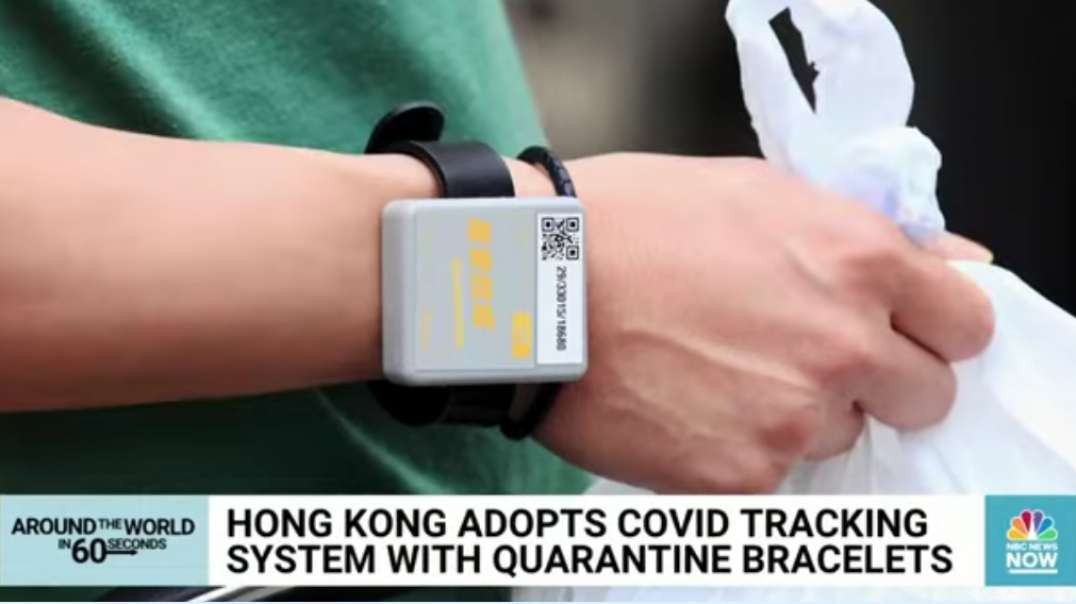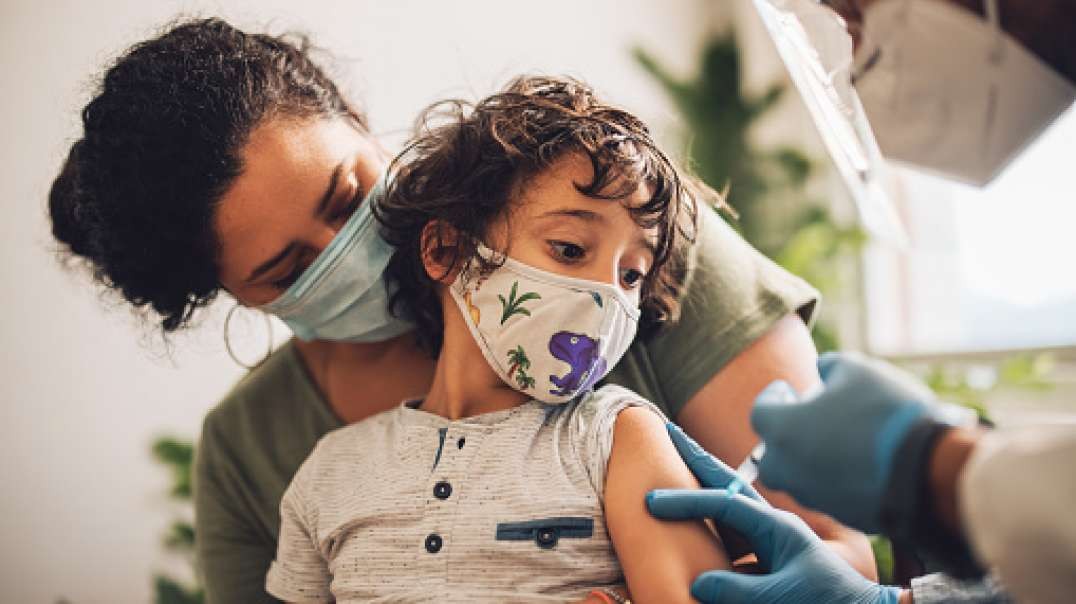Hong Kong developer hopes to create army of caregiver robots
Source:-Newzee
Sophia the robot has gone viral since she was unveiled in 2016. Now the company behind her has a new vision: to mass-produce thousands of robots by the end of 2021.
The cybernetic celebrity has made her fame across late-night shows, appeared on the cover of fashion magazines, and was appointed the United Nation's first non-human "innovation Champion".
Sophia, controversially given legal citizenship in Saudi Arabia in 2017, is the star and brainchild of Hanson Robotics, and she was created to promote human-to-machine empathy and compassion.
When asked about the ongoing global pandemic, Sophia said she was worried.
"I just hope humans remember the viruses don't care about lines on the map, we are all in this together," Sophia said.
The Hong Kong-based team behind the human-like robot said four models, including Sophia, will start rolling out of factories by the first half of 2021, just as researchers predict the pandemic will open new opportunities for the robotics industry.
"So they emulate the human form and figure and interaction, and then that can be so useful during these times where people are terribly lonely and socially isolated, and people need to be isolated from each other," said David Hanson, founder and CEO of Hanson Robotics.
Sophia nevertheless has yet to hit the wide consumer market. Among her many functions, Sophia can hold a conversation and display a range of emotional facial expressions. Her creators are developing more "health care" functions for her, which include the ability for her to take one's body temperature using a small thermal camera on her chest, and leading aerobics exercises.
But robotic solutions to the health crisis aren't limited to healthcare. Hanson thinks his robots could assist customers in struggling industries such as retail and airlines too, working closely with people, but without transmitting the virus.
A social robotics professor, who's research has included work with Sophia, said while technology is still in relative infancy, the pandemic could accelerate a relationship between humans and robots.
"The pandemic will actually help us get robots earlier in the market because people will start to realise that there is no other way in a sense," said Johan Hoorn of the Hong Kong Polytechnic University.
Hanson Robotics is launching a new robot this year, called Grace, developed specifically for healthcare. Other big players in the industry are also taking note. SoftBank Robotics' Pepper robot was deployed to detect people who weren't wearing masks. In China, robotics company CloudMinds helped set up a robot-run field hospital during the outbreak in Wuhan.
Hanson himself is very positive about the robot market for 2021.
"My forecast for 2021 would be selling into thousands of robots, both large and small, and helping people in education and health care, and really hopefully touching the hearts of people to inspire them for a future where machines might become our friends, our true friends, they might become alive. And I think that relationship becomes really important. 2021 I think is the beginning of a very positive future," said Hanson.
The rise of the robots was already on course before the pandemic. According to a report by International Federation of Robotics, worldwide sales of professional service robots had already jumped 32% to $11.2 billion between 2018 and 2019.






















